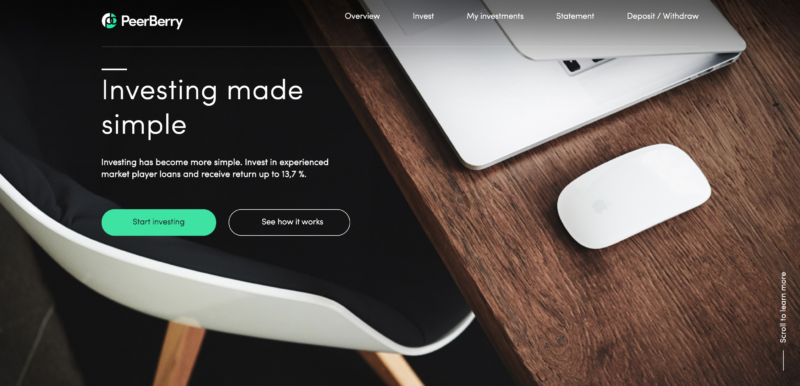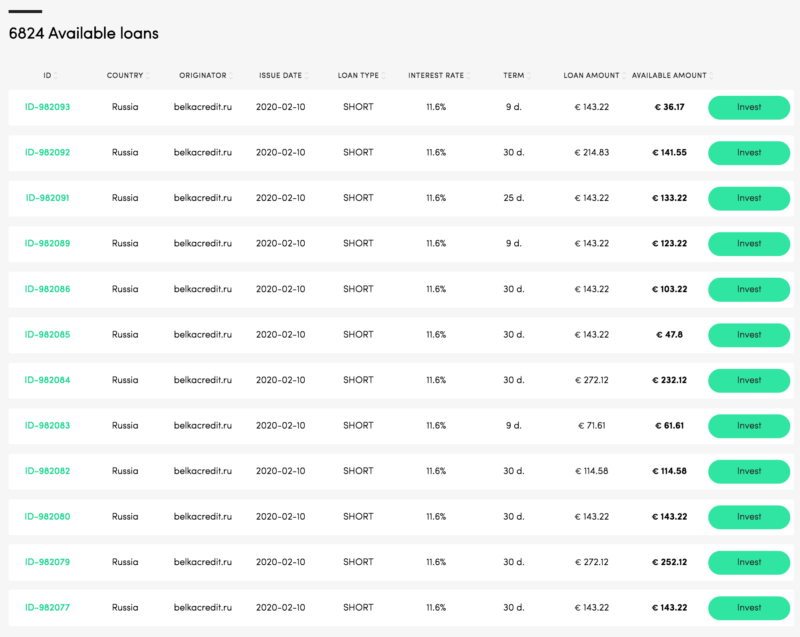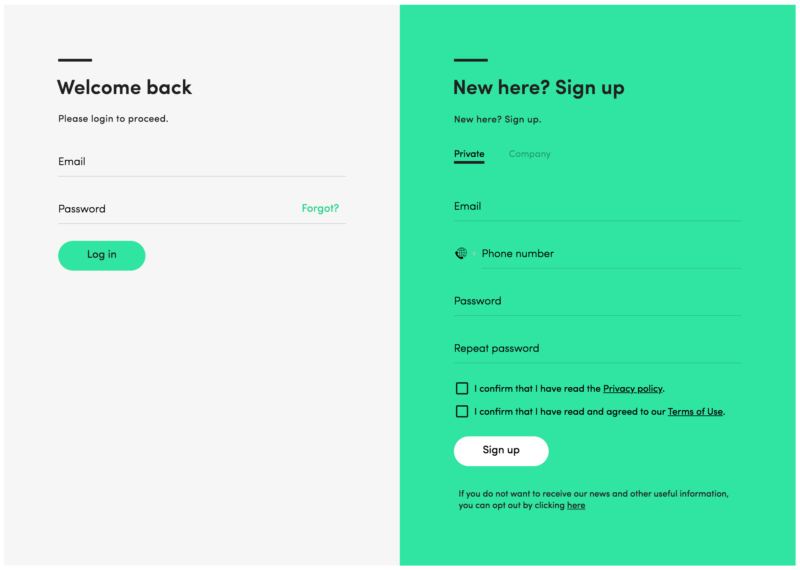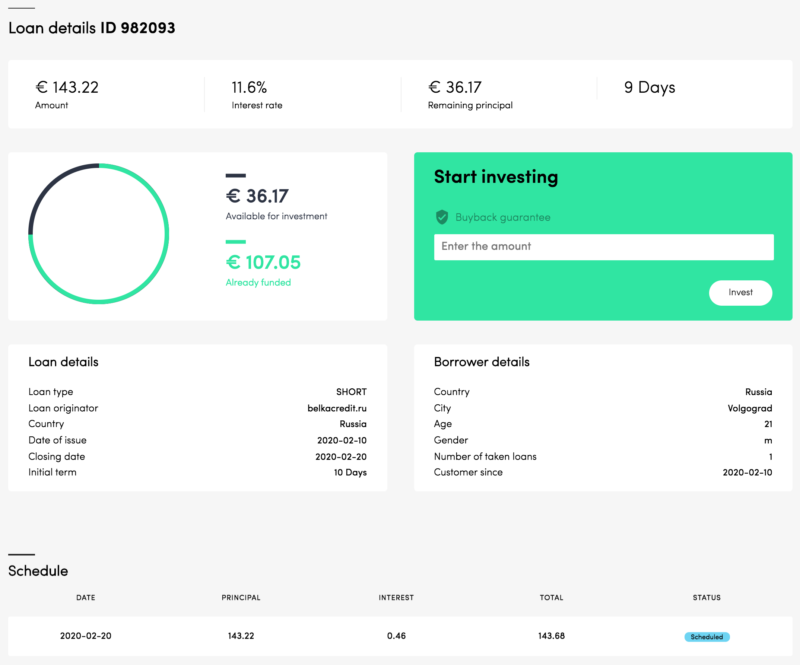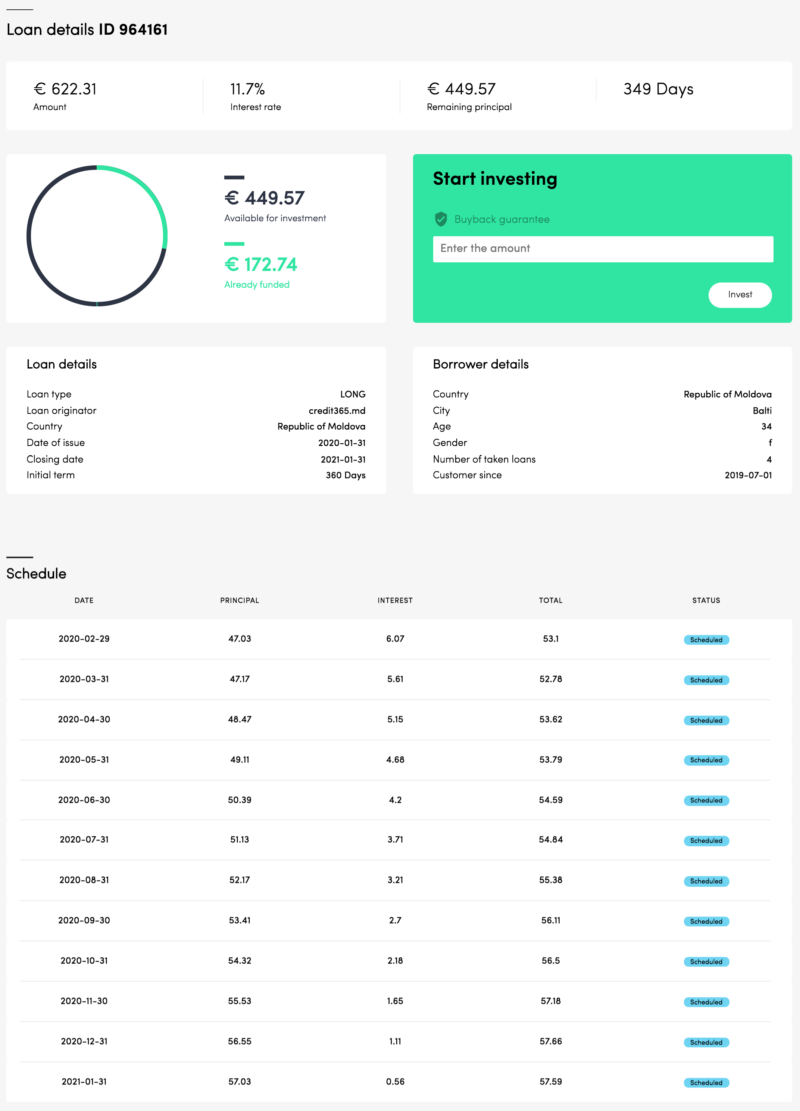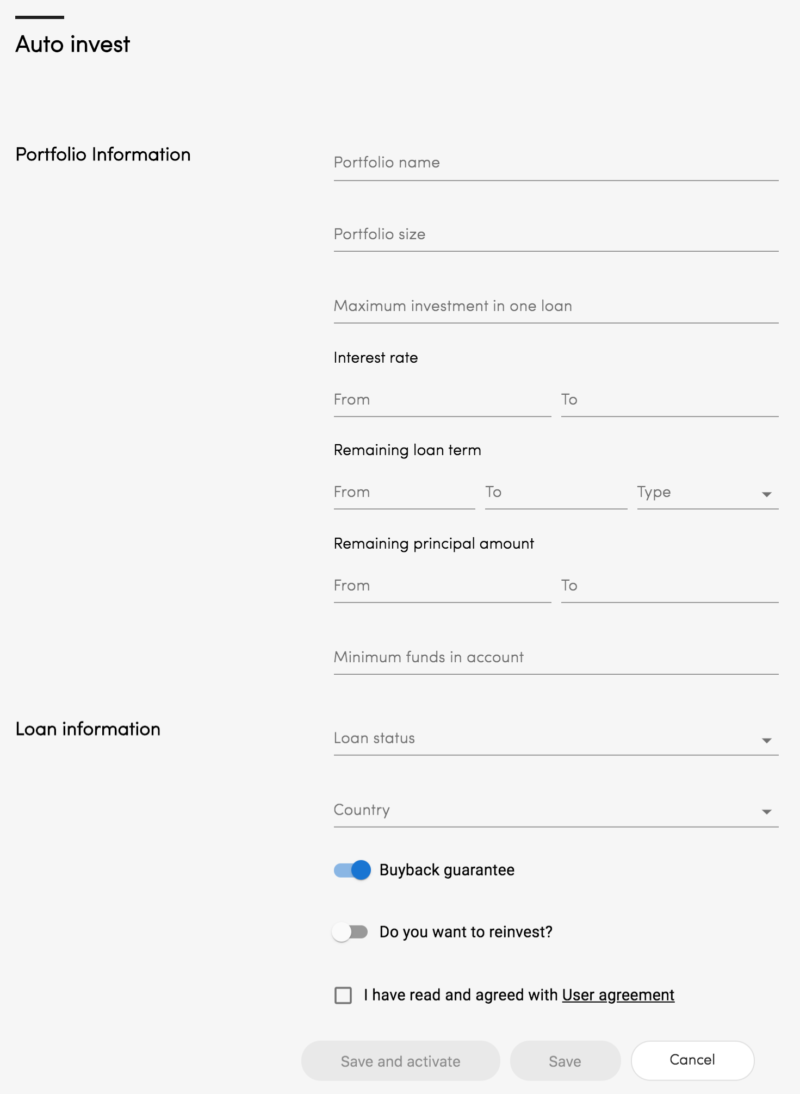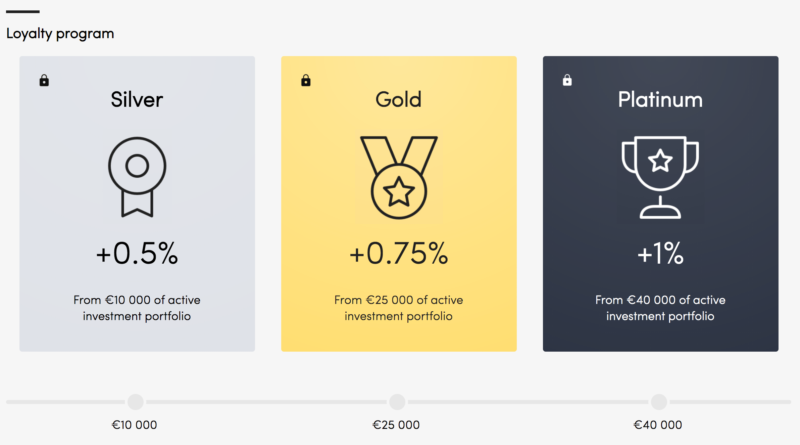
The peer-to-peer (P2P) lending space in the UK has grown to exponential heights in recent years – with more than £6.1 billion funded in 2018 alone. This makes sense when you consider just how low UK high street interest rates are, with savers fortunate to get anything above 2% these days.
With that being said, the Financial Conduct Authority (FCA) – the UK-s chief financial watchdog, recently noted that it is looking to tighten its grip on P2P sites. Crucially, this centers on the amount that retail investors can inject into P2P loans in relation to their total invested assets.
Nevertheless, with dozens of leading UK P2P sites now active in the market, knowing which platform to invest with can be challenging. For example, while some focus on real estate financing, others target the consumer loan space.
In this article, I explore some of the best UK P2P lending sites. I’ll unravel the good and bad points of each platform, subsequently allowing you to make an informed decision as to which site is right for you.



